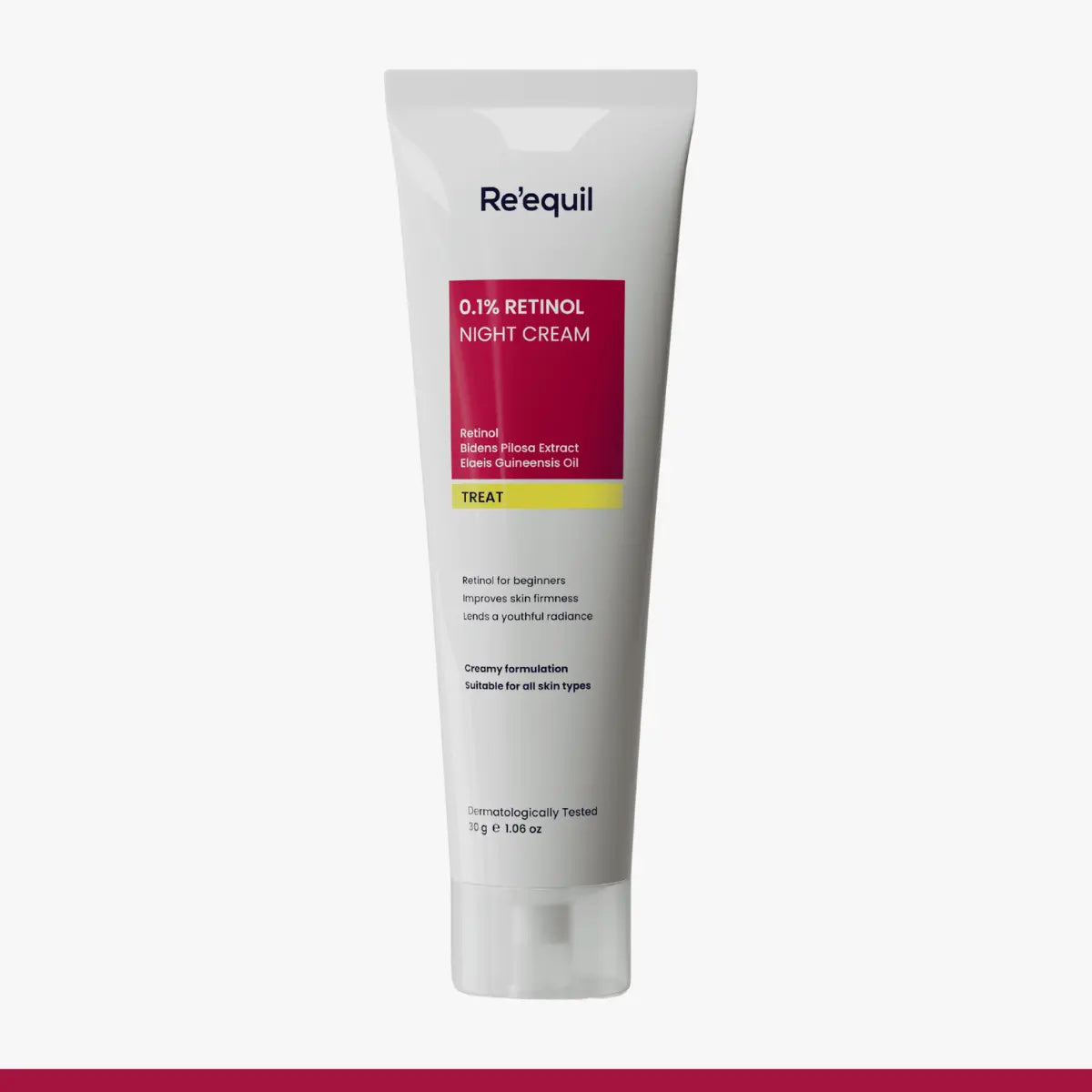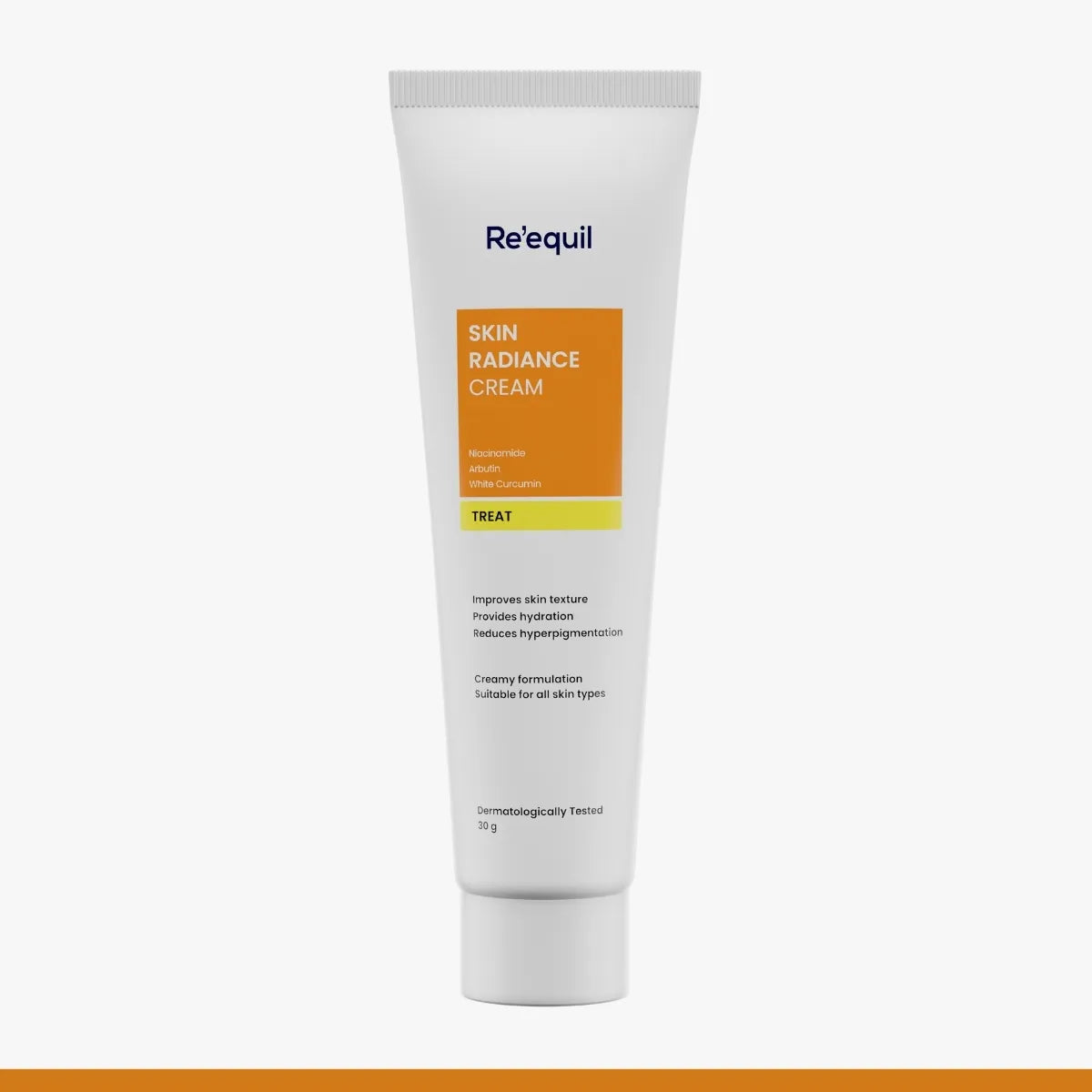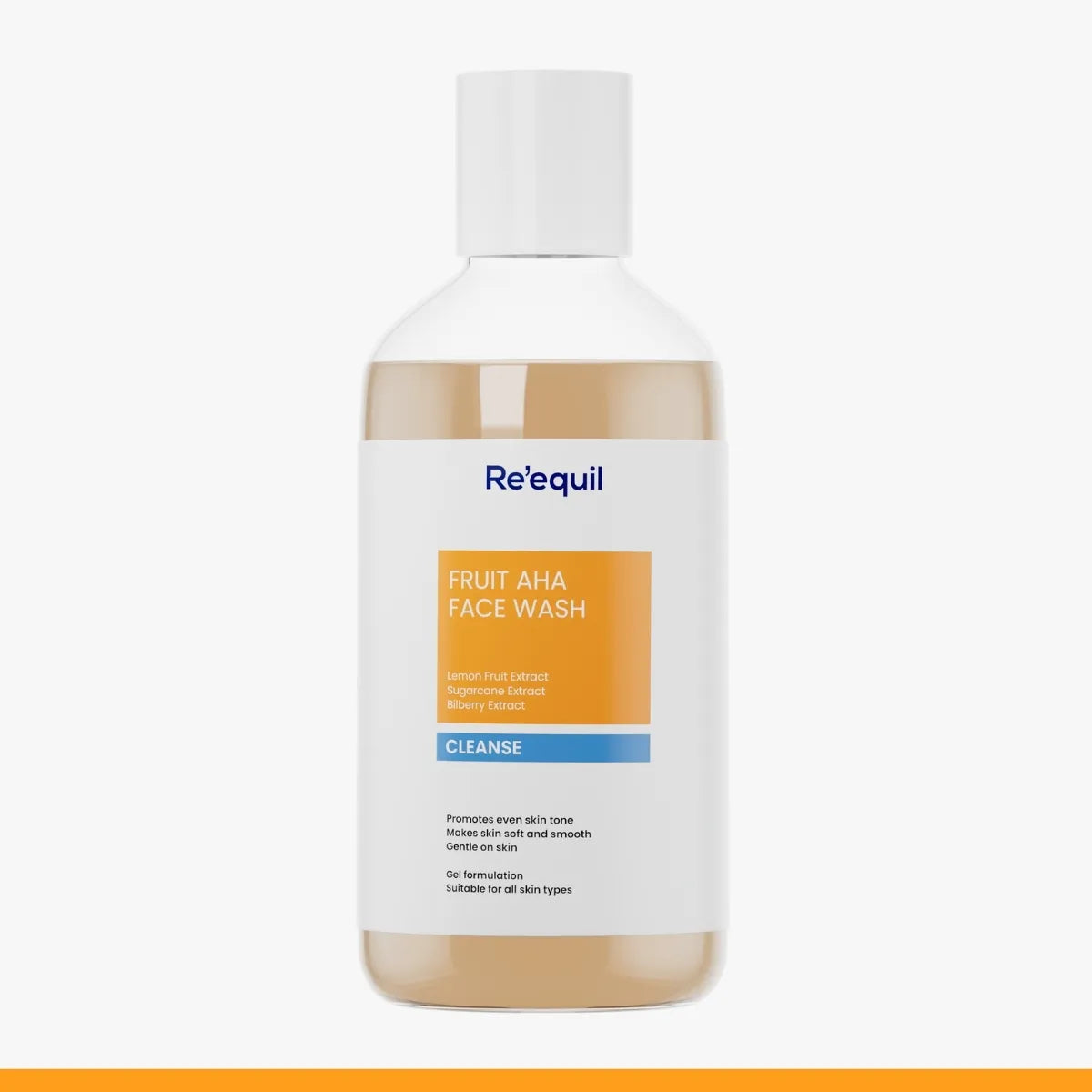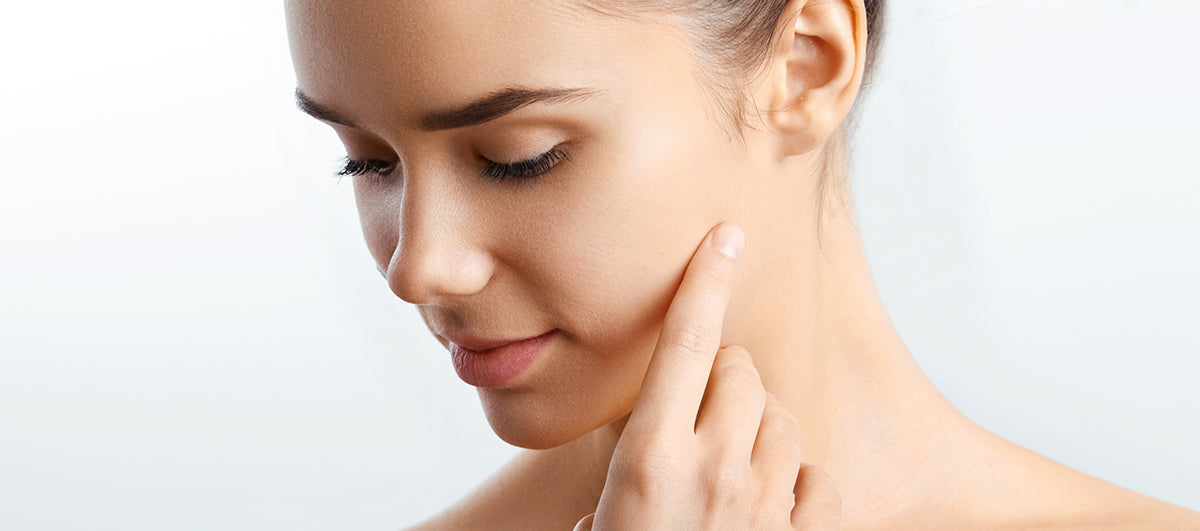Glutathione is a new rage of skin whitener in the cosmetic industry. These days it is used very frequently in beauty salons, wellness spas, and beauty clinics. Growing number of population is attracted to use the intravenous glutathione to clear blemishes for a fairer and even skin tone. However, being enriched in antioxidants glutathione acquires vital importance in the medical field and is also used to treat medical conditions. If you are thinking to use glutathione for beauty purpose, then it is important to evaluate all facts regarding it.
What is glutathione?
Glutathione is a powerful antioxidant which is famous for its therapeutic properties. It is produced by the liver, hence naturally found in the body. However, it can also be obtained from other food sources such as fruits, vegetables, and meats. In the market, it is also available in a capsule and liquid form. In addition, it is also administrated into the body intravenously; however, there are no strong evidences about its efficacy.
What are the benefits of Glutathione?

Low glutathione levels are associated with a number of health issues. Supplementation with glutathione is indicated in heart disease (atherosclerosis and high cholesterol), debilitated immune system (AIDS), memory loss, Alzheimer’s disease, osteoarthritis, and Parkinson’s disease. Glutathione is inhaled (nebulized or aerosolized) in lungs inflammation, and several other lungs diseases including idiopathic cystic fibrosis, pulmonary fibrosis, and lung complications in people with HIV disease.
Some research studies have suggested that glutathione helps to stop the growth of cancerous cells. However, till now, there are no clear proofs on its role in cancer treatment.
A clinical trial conducted in 2017 concluded that glutathione being packed with antioxidant properties may help to treat nonalcoholic fatty liver disease. But researchers emphasize that more studies on this needs to be done.
In another study, it was revealed that maintaining healthy glutathione levels may help to manage the symptoms of Parkinson's disease. Research finding supports the injected glutathione as a potential therapy, but there is no solid proof about oral supplementation. Further research is mandatory for clear evidence.
A study in 2011 has indicated that children with autism have lower levels of glutathione than neurotypical children (not affected without autism).
What is the difference between Glutamine Vs Glutathione?
Glutamine is the single most abundant amino acid in the circulatory system of our body. It is synthesized by most of the cells but it also can be obtained from many natural food sources. It eliminates ammonia from the body and helps to maintain the normal functioning of the brain, immune system, and digestive system. It is naturally produced by the body; hence there are rare chances of its deficiency. However, there are certain health conditions such as chronic stress, infections, and surgeries, etc which can lead to glutamine deficiency.
Glutathione is also called glutamylcysteinylglycine, naturally found in the body. It is made from a specific form of glutamate, and other two amino acids called cysteine and glycine. Glutathione is enriched with antioxidants and involved in some biological processes such as tissue building and repairing, protein formation, and immunity building. Deficiency of glutathione results in oxidative stress in the body.
What does Glutathione to your skin?
Glutathione also acts as a skin lightening agent. Melanin is a pigment in our body that is responsible for dark color of the skin. Glutathione stops the functions of an enzyme, Tyrosinase which helps in the production of melanin pigment. Furthermore, the antioxidant action of Glutathione fights against the free radical damage in the body. These free radicals in the body are held responsible for the activation of melanin pigment.
Can Glutathione lighten the skin?
Antimelanogenic properties of glutathione were discovered as a side effect of large doses of glutathione. Over the past years, glutathione has been used frequently for skin lightning and hyperpigmentation. It is used in face wash, creams, pills, and injections to achieve desired effects on the skin pigmentation. However, there are limited clinical evidences that support the glutathione efficacy as a “skin lightening agent” and its safety concern as well.
In Philippines, intravenous glutathione treatment is the much-talked thing and is used in spas and beauty salons. However, after considering the reports of serious skin disorders, thyroid problems, and kidney damage, The Philippine food, and drug agency has prohibited its use.
In United States (US), practice of glutathione is growing gradually. Due to the lack of published clinical trials, the Food and Drug Administration condemn its usage to avoid potential damage.
Why Glutathione is not approved by FDA?
The Food and Drug Administration (FDA) does not support the use of intravenous glutathione for skin lightening. The hype of glutathione for fairer complexion has encouraged its improper consumption and usages. Till date, no scientific data is available about the right dosage, efficacy, and safety profile that support the use of glutathione injections. Furthermore, FDA has raised the concern of liver, kidney, and nervous system damage after its use. Another major complication that has come into notice after intravenous administration of glutathione is contracting Stevens Johnson Syndrome. To know more about read here
Who can prescribe glutathione?

At present, unapproved usage of glutathione has increased safety alarms. Inappropriate dosages of glutathione may result in serious consequences to health. As of now, there is the lack of strong evidence that supports glutathione for the treatment of hyperpigmentation. Thereby, it is strictly recommended to talk to your doctor before taking it. Avoid taking glutathione, if you are pregnant or breastfeeding.





